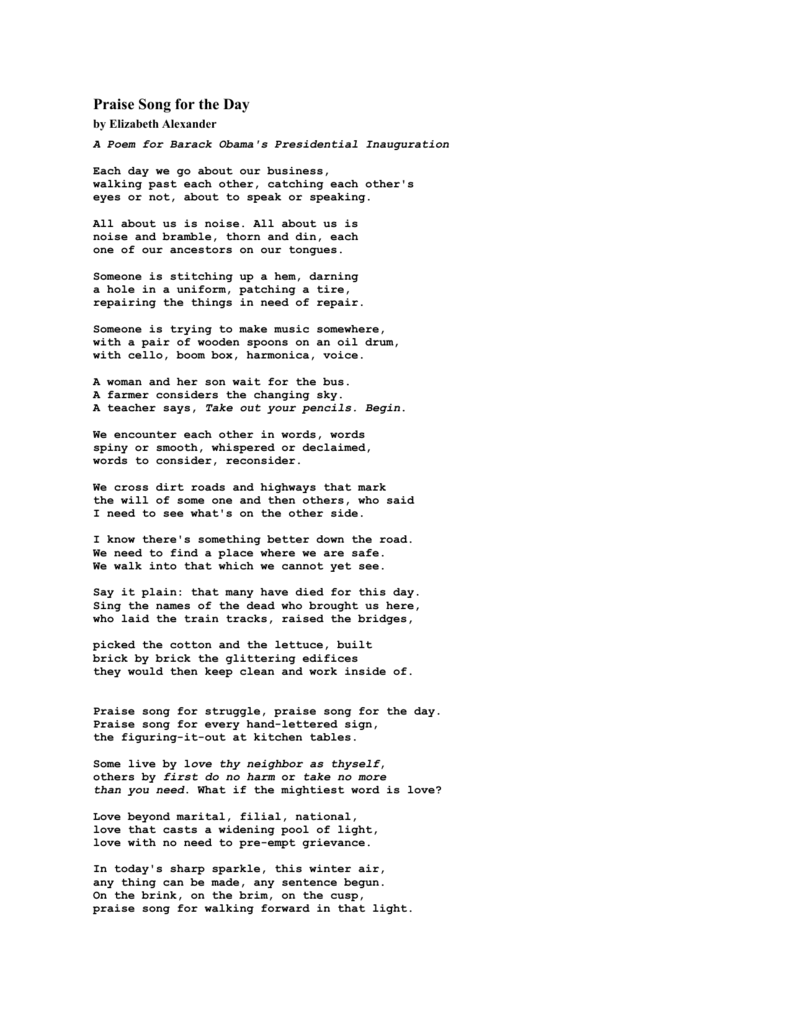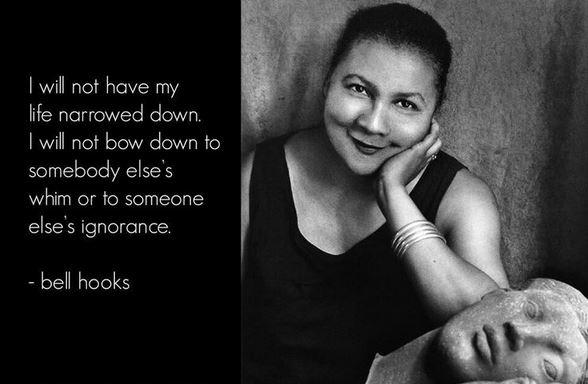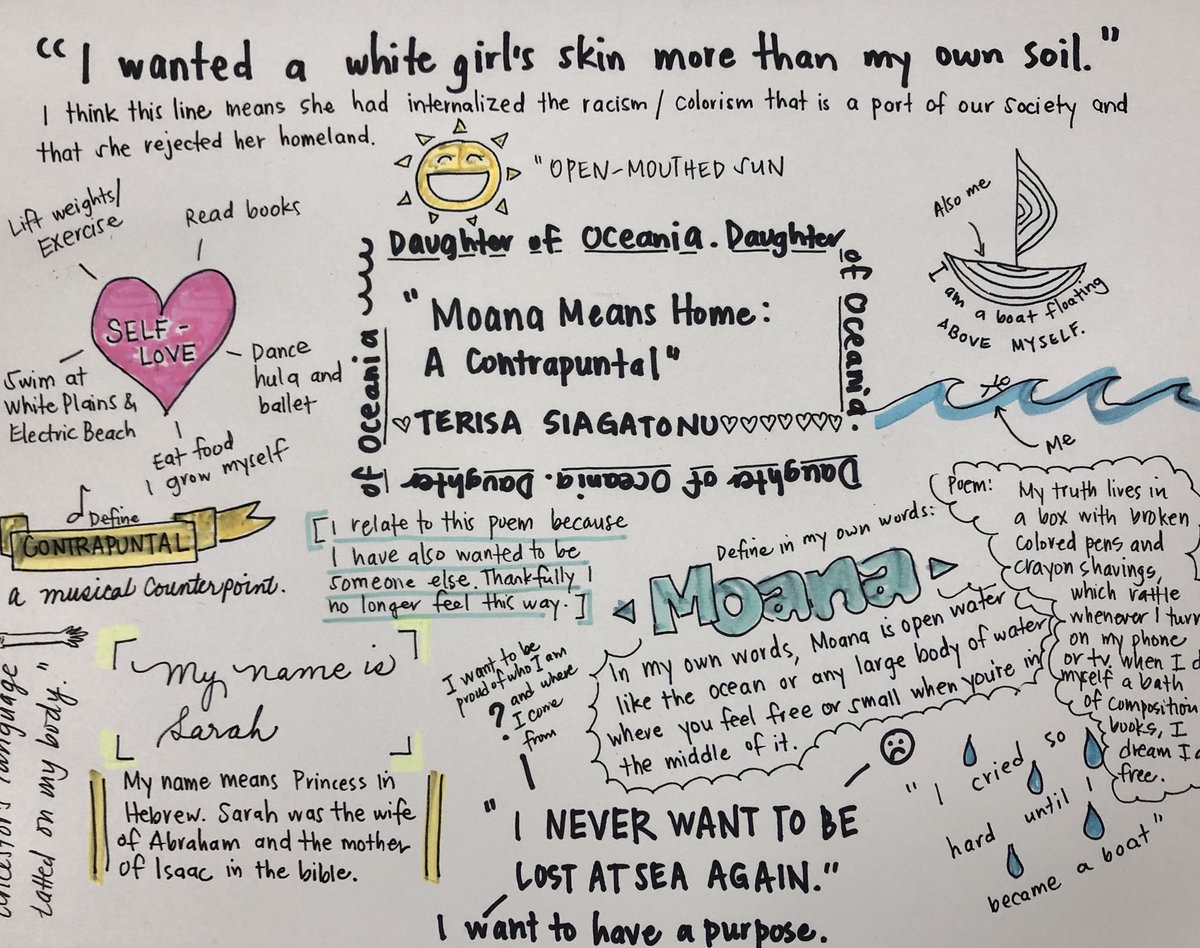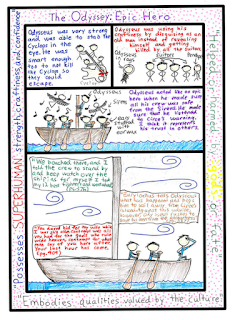This will be our last week of working with Things Fall Apart. FYI- After this week, there are only 3 weeks remaining of the semester.
For wrapping up TFA, we will be looking at GENRE (type or category).
When studying most things in the humanities (art, literature, film, theater, music), recognizing the genre of the text, and knowing the standard practices or techniques of the type of genre, helps us understand it better.
For example:
If I saw this painting, "The Dance Class," by Claude Degas....
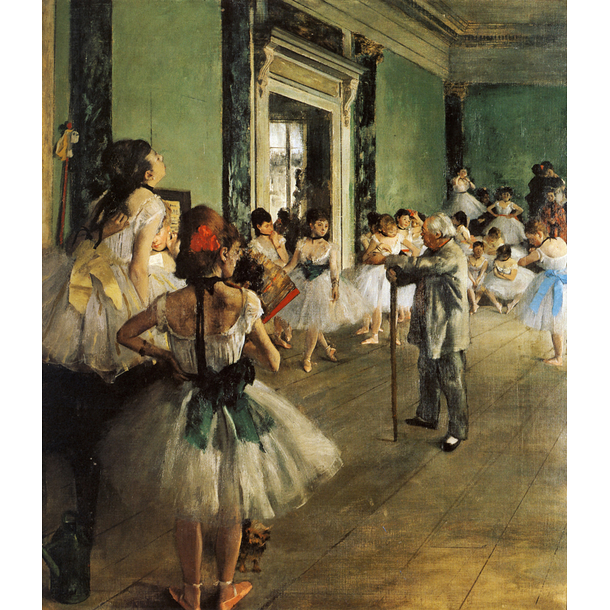
I would be able to "say more" or "understand more" about this piece beyond just seeing some dancers. By knowing that this piece is from the artistic movement (category), Impressionism, I can start looking for the techniques or goals of this movement to help me discuss or analyze this piece. Impressionism moved away from fine detailing to focus more upon the feeling or essence of scene captured. In this painting, I now look to the feeling the set up of the instructor's placement in the piece... and I go from there.
Knowledge of the genre helps with comprehension of the work. We know what to look for.. what to anticipate. . . what is important.
Yes, Things Falls Apart, is a fiction work. . . but it also has been considered a literary TRAGEDY.
Aristotle's definition of TRAGEDY: Tragedy is an imitation of an action that is serious, complete, and of a certain magnitude; in the form of action, not of narrative; through pity and fear affecting the proper purgation of these emotions.
This week we are going to look at the 2 TRAGIC FALLS that occur in Things Fall Apart.
- The first tragedy is the fall of Okonkwo - The second tragedy is the fall of the Igbo Culture
TO DO:
1. Watch the Tragedy Genre Video. Take notes. Video found here: Why are Tragedies so Alluring?
2. Watch the application of tragedy to Things Fall Apart video. (This will be helpful in your assignment).
Video found here: Tragedy and Things Fall Apart
3. Complete the Tragedy in Things Fall Apart assignment. You will be creating 2, one-pagers. 1 for each tragedy in TFA. You can draw thing and take a picture to submit, OR complete digitally. I have provided a very low-budget template for you to use, if you would like. Just make a copy for yourself. You can also draw on your own paper.. take a picture of your two, and upload them.
Choose one to be your fabulously fancy one... with pictures, colors, etc. The second one can be bare bones...
Assignment sheet found here: Tragedy and Things Fall Apart One-Pager Assignment
4. Do the Friday Flipgrid- Wrapping up TFA. (Class links are in Schoology Folder).
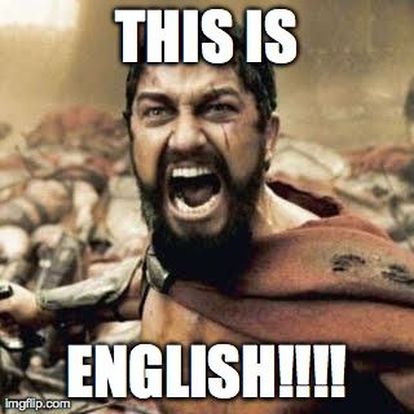







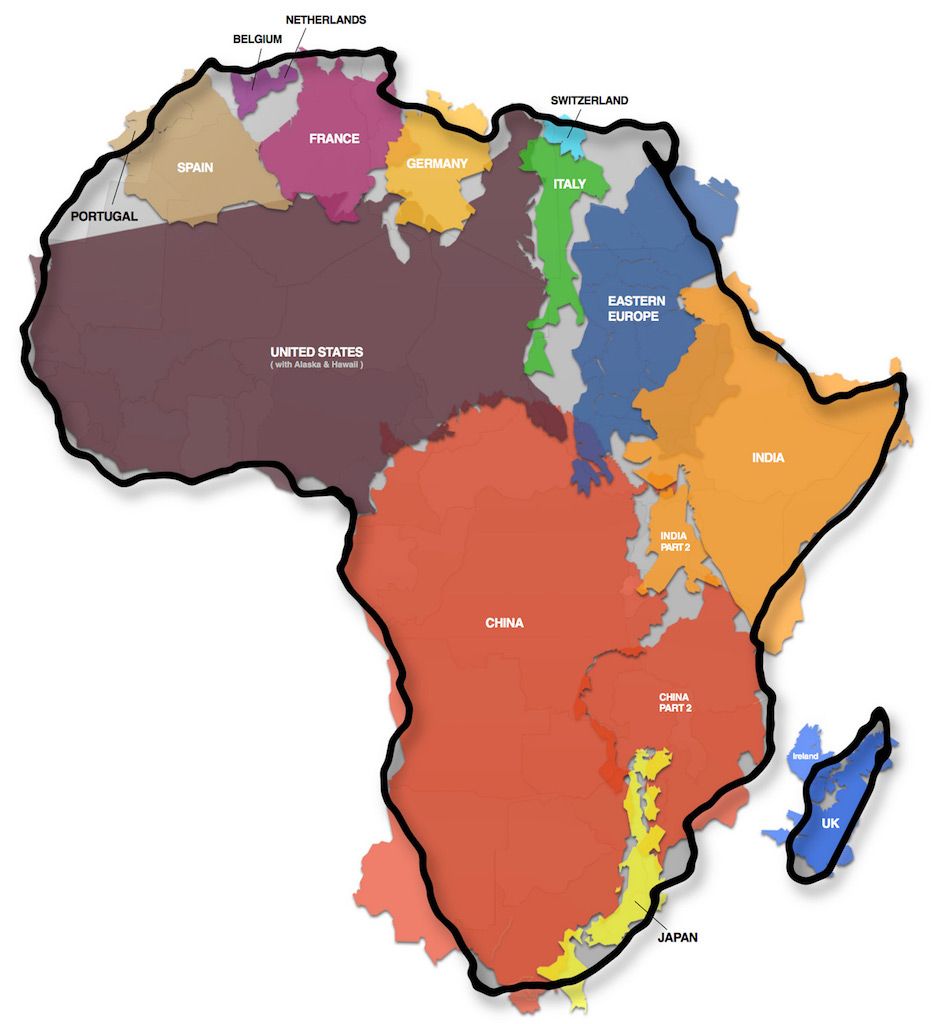






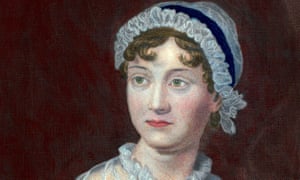




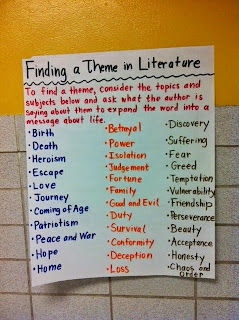


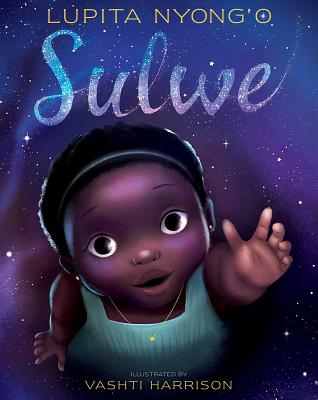


/arc-anglerfish-arc2-prod-bostonglobe.s3.amazonaws.com/public/X2RGXNQDGZGFNGTVJIBEZ37LZE.jpg)






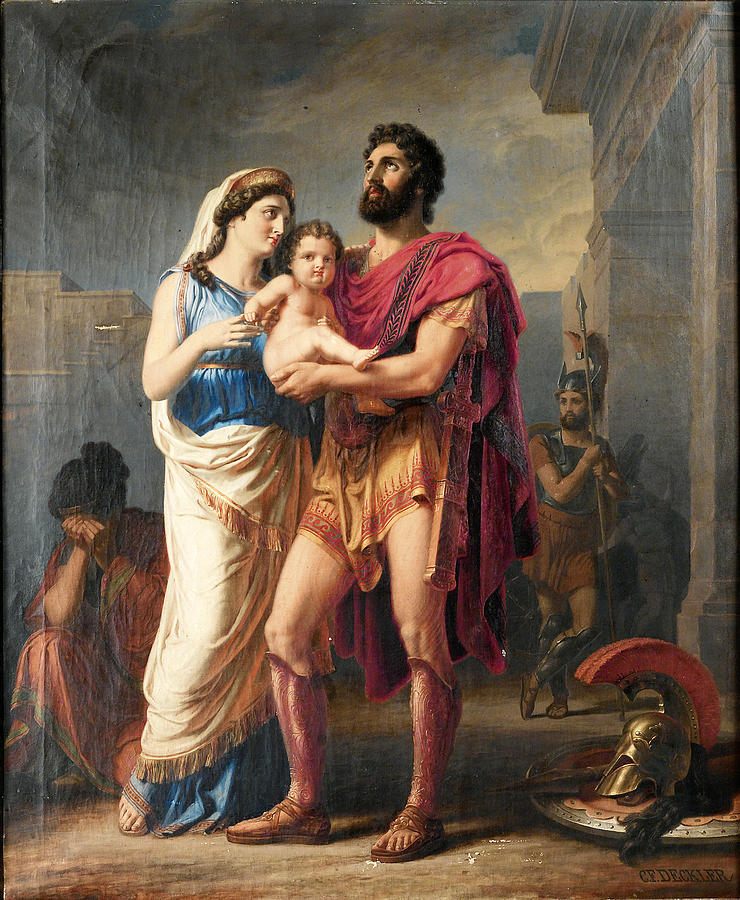 Hector, Andromache, and Astyanax.
Hector, Andromache, and Astyanax.

